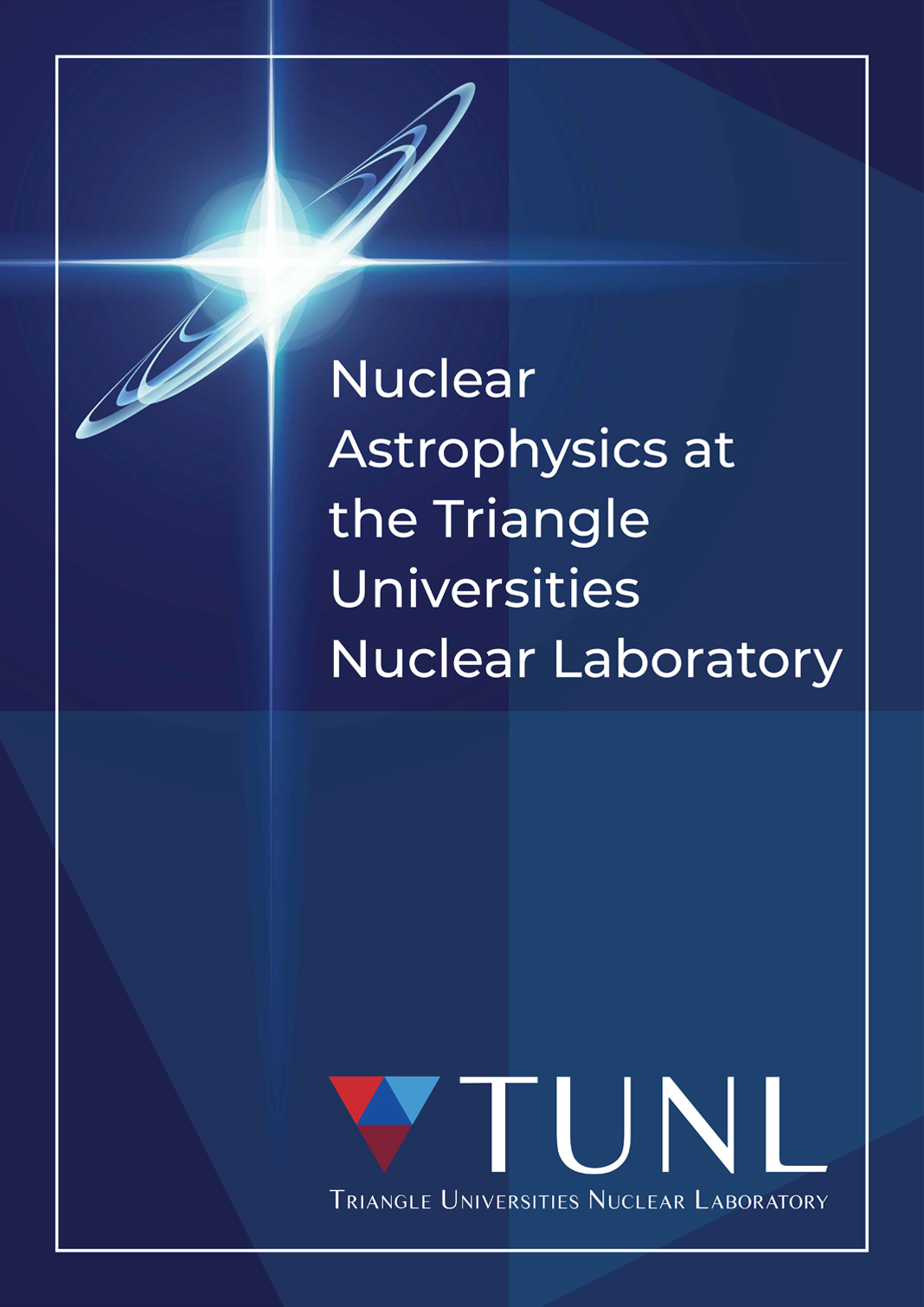In their latest eBook the Triangle Universities Nuclear Laboratory discuss their work in nuclear astrophysics and how their specialist instruments put them at the forefront of astrophysics research in the US.
The Triangle Universities Nuclear Laboratory use accelerator and non-accelerator techniques for their astrophysics research, the research consortium also utilises the expertise of four universities; Duke University, North Carolina Central University, North Carolina State University, and the University of North Carolina – Chapel Hill, to educate approximately 8% of all PhD students in experimental nuclear physics in the USA. This new eBook discusses their work on:
- Understanding the lifecycle of stars and their evolution
- Measuring stellar explosions
- Globular clusters
- Studying stellar plasma
- And much more
About the Triangle Universities Nuclear Laboratory
The Triangle Universities Nuclear Laboratory is a tripartite research consortium operated by Duke University, the University of North Carolina at Chapel Hill, North Carolina State University, and North Carolina Central University. Their work focuses on a number of areas within the field of nuclear physics, such as:
- Low energy quantum chromodynamics
- Nuclear structure and reactions
- Nuclear astrophysics
- Neutrinos and fundamental symmetries
- Beam physics
- Accelerator physics
- Detector and instrumentation technology
- Data acquisition
The research group have also conducted research surrounding proton and neutron structures, the forces between nucleons and their relationship with nuclear structure, nuclear processes within stars, and the creation of elements in stars. These studies have led the organisation to become one of the most successful nuclear physics research laboratories in the US.
Click here to learn more about Triangle Universities Nuclear Laboratory


